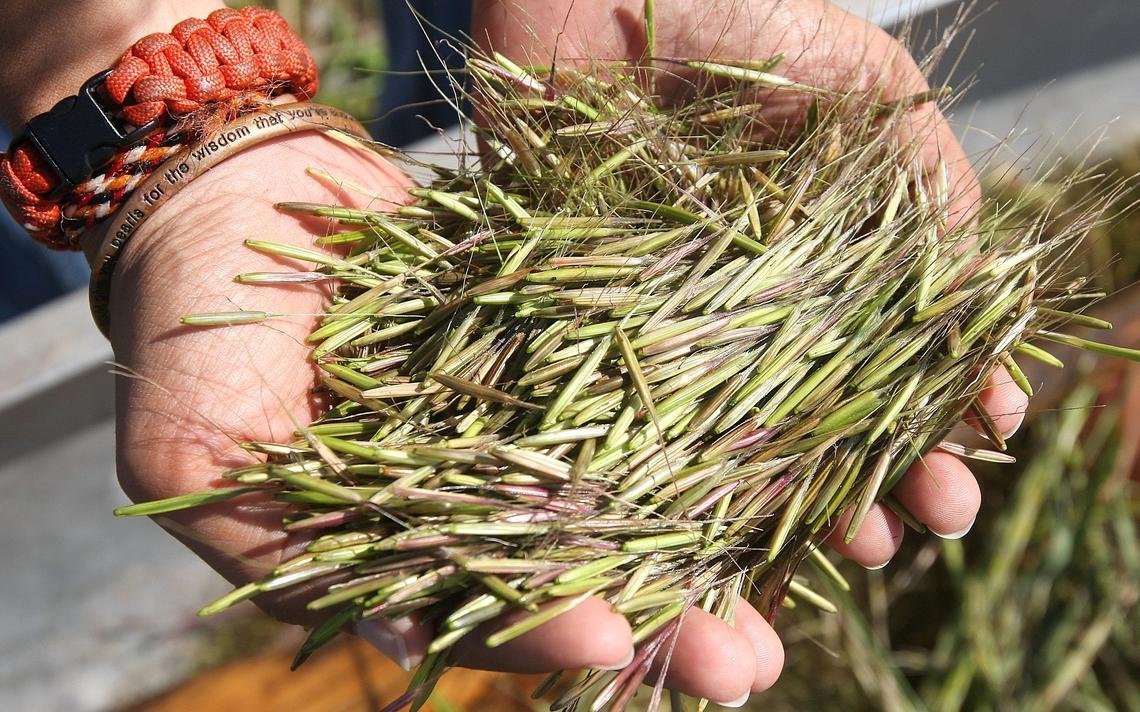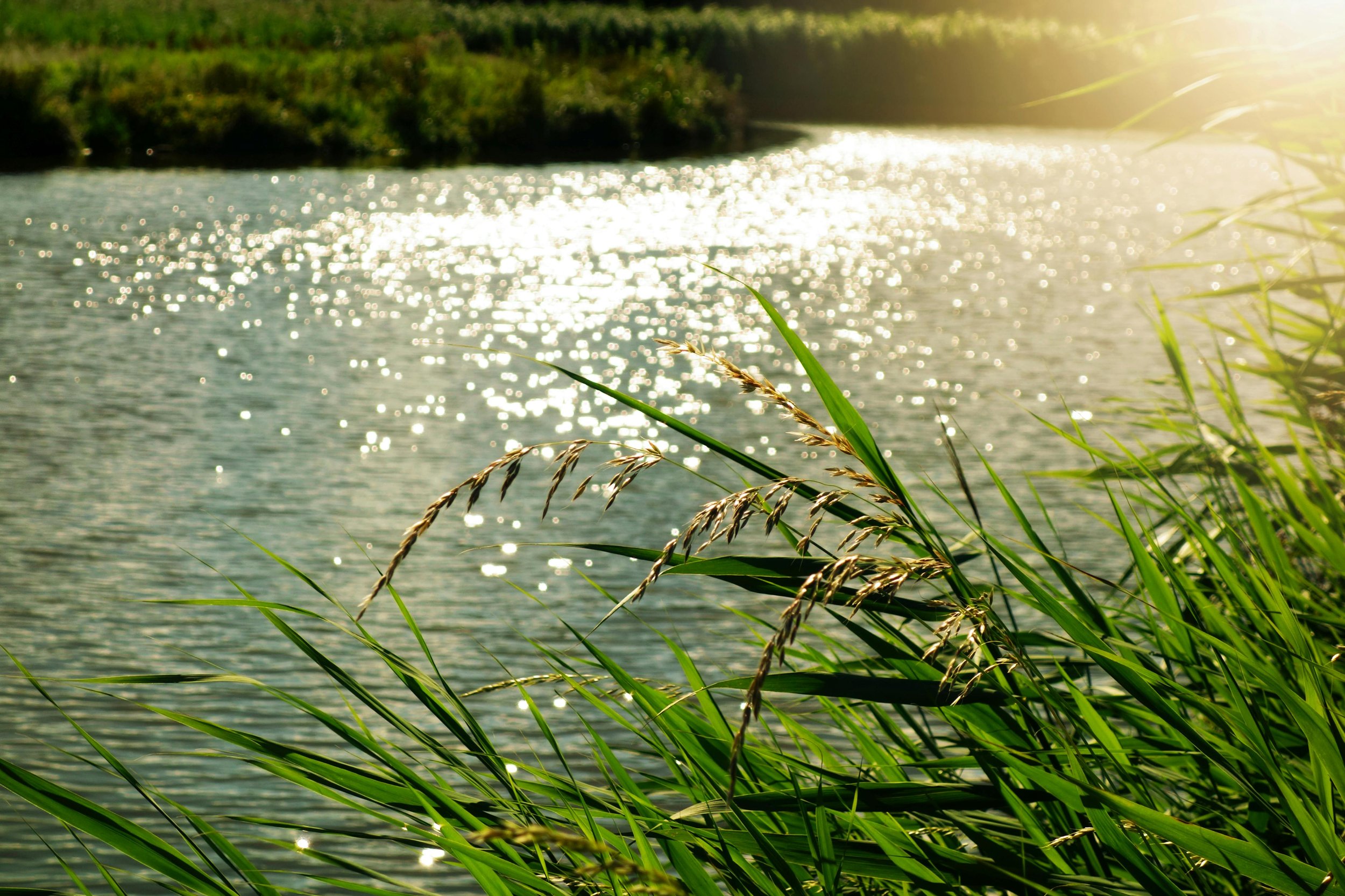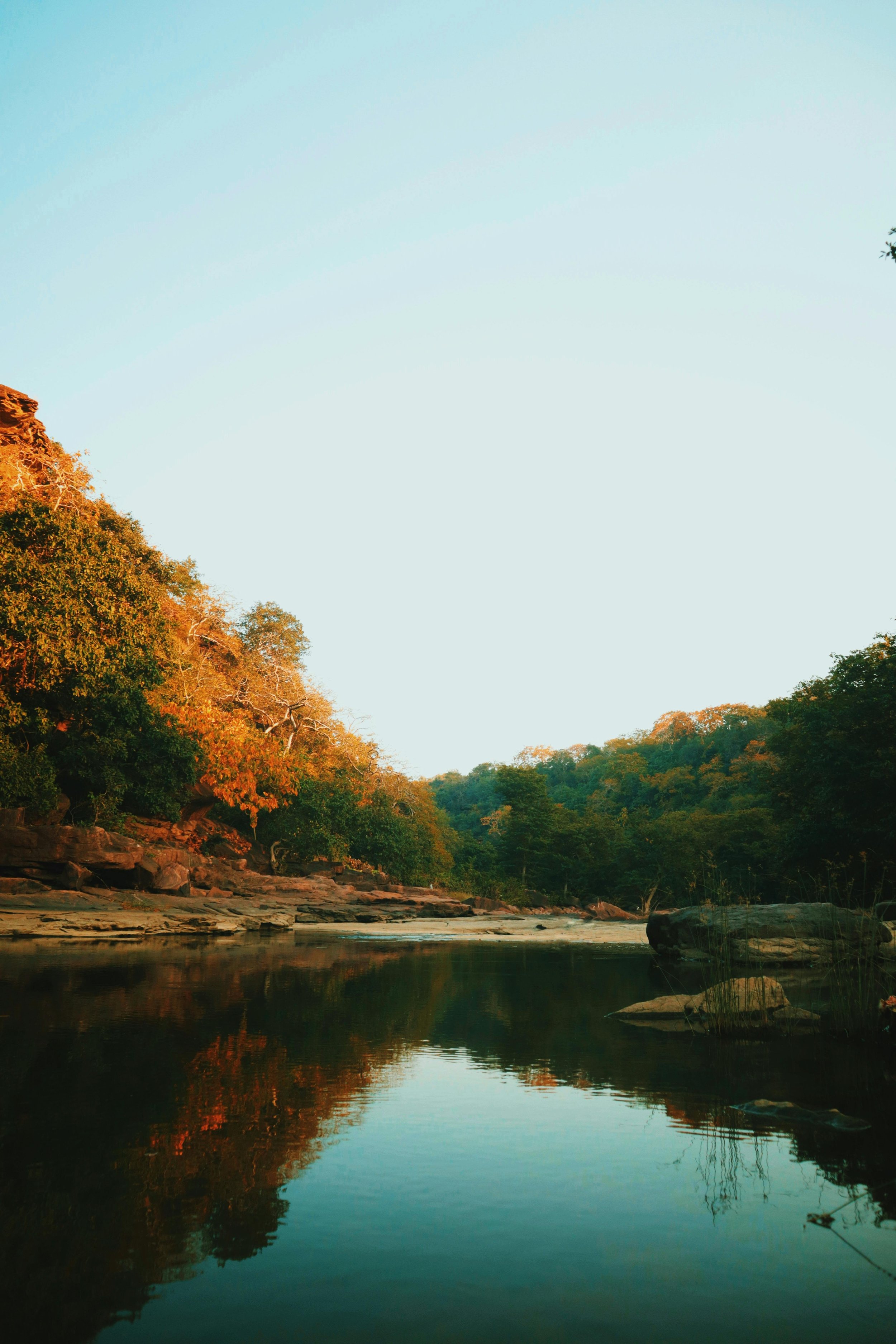Tribal Rights of Nature Program
The Center for Democratic and Environmental Rights (CDER) partners with Tribal Nations and Indigenous organizations to protect tribal rights and the rights of nature.
Our Tribal Rights of Nature Program sits at the intersection of Indigenous rights and environmental protection. Tribal attorney Frank Bibeau, a member of the Minnesota Chippewa Tribe, is our program director.
Through our Tribal Rights of Nature Program, with our partners we are developing and advancing laws and constitutional frameworks that strengthen and protect the rights of tribes and the rights of nature. And, we are working with them to uphold, implement, and enforce these frameworks. Further, we are conducting education, trainings, and knowledge sharing, engaging with Indigenous organizations, tribal lawyers, tribal officials, and tribal members.
We have partnered with many Tribal Nations and Indigenous organizations – including Menīkānaehkem, the Rappahannock Tribe, the White Earth Band of Chippewa, the Sauk-Suiattle Indian Tribe, and others – to protect the rights of nature – including the rights of wild rice, the rights of rivers, and the rights of salmon.

Rights of Manoomin
(Wild Rice)
CDER’s founders assisted the White Earth Band of Chippewa to develop the first law to recognize the legal rights of a plant species.
The White Earth “rights of manoomin (wild rice)” law pioneered the protection of a species that is integral to the culture, history, and traditions of their people.
CDER also assisted the White Earth to bring the first rights of nature enforcement case in a tribal court, in 2021, with manoomin as the plaintiff, bringing a case to defend its own rights against an oil pipeline that would severely impact the habitat of the wild rice. Learn more about the White Earth rights of manoomin law, and the tribal court case, click here.

Rights of Salmon
Inspired by the White Earth tribal court case, in 2022, the Sauk-Suiattle Indian Tribe in Washington State brought a case to enforce the rights of salmon, Tsuladxw.
Despite the Tribe’s treaty-protected right and obligation to protect fish migrating to and from the Tribe’s traditional fishing grounds, the City of Seattle constructed dams on the Skagit River without consulting with any tribe. The dams, the lawsuit argued, obstructed the passage of adult fish upriver, and blocked nutrients necessary to the health of juvenile fish as they migrate down the length of the river on their way to the ocean, contributing to the severe decline of salmon species, as well as the Southern Resident Orcas which depend on fish from the river.
The Sauk-Suiattle case is the first rights of nature tribal court case to result in a successful settlement protecting nature, with the City of Seattle for the first time agreeing to provide fish passage to the salmon’s traditional upstream breeding grounds.
To learn more about this case, click here.

Rights of the
Rappahannock River
In 2024, through a tribal-wide vote, the Rappahannock Tribe in Virginia became the first tribe in the U.S. to adopt a Tribal Constitution that recognizes the constitutional rights of nature.
The Rappahannock Constitution recognizes the legally enforceable constitutional rights of the Rappahannock River to “exist, flourish, regenerate, and evolve.” The constitution also recognizes that the river possesses the right to groundwater recharge, the right to provide healthy habitat to native fish and plant species, and the right to natural water flow. It also recognizes the authority of any tribal member to enforce the rights of the Rappahannock River in court.
CDER assisted the Rappahannock Tribe in developing its rights of nature constitutional provisions. This is the first Tribal Constitution to protect the constitutional rights of a specific ecosystem. Constitutions are the highest form of written law within legal systems. To learn more about the Rappahannock Tribe’s rights of nature constitutional provisions, click here.

Partnering with
Menīkānaehkem
CDER partnered with the Menominee indigenous organization Menīkānaehkem to develop and advance a policy recognizing the rights of the Menominee River, the origin of the Menominee people. Adopted in 2020, we continue to work together on advancing the rights of nature within tribal legal frameworks.
Further, Menīkānaehkem and CDER worked together to develop rights of nature policies adopted by the National Congress of American Indians and the Midwest Alliance of Sovereign Tribes.
Partnering with
Tribal Nations and
Indigenous Organizations
CDER is partnering with tribes and Indigenous organizations across the U.S. to develop and advance rights of nature tribal laws and constitutional frameworks. A key part of our work, engaging with organizations and tribes, is providing workshops and trainings, resources including our Rights of Nature Law Library and Rights of Nature Timeline, and a series of webinars including on the rights of wild rice tribal court case and the first rights of salmon tribal court case.
To learn more, or to contact us, please email info@centerforenvironmentalrights.org or call (509) 474-9761.
